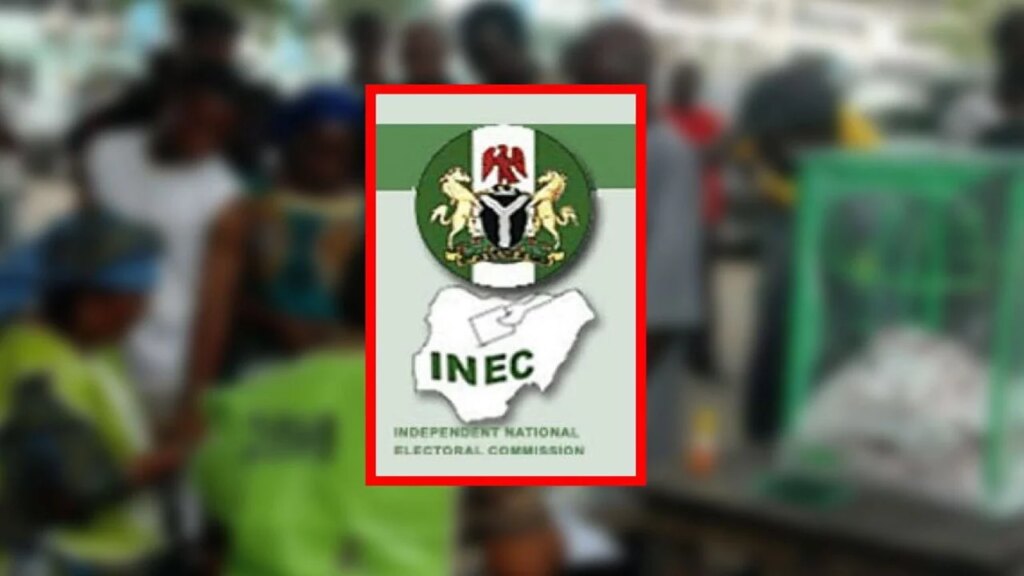Nigeria’s electoral body has issued a stern warning against attempts to register multiple times for upcoming voter enrollment, emphasizing that violators risk permanent removal from the national database. The Independent National Electoral Commission (INEC) announced the caution as it prepares to restart its Continuous Voters Registration (CVR) exercise, a nationwide effort to update voter rolls ahead of future elections.
Alhaji Mohammed Sadiq, INEC’s Resident Electoral Commissioner (REC) in Plateau State, stressed during a stakeholders’ meeting that participation in the electoral process is both a right and a civic responsibility. “Voter registration is not only a fundamental right but a duty for every eligible citizen,” he said. “However, the commission will not tolerate duplication. Those caught engaging in multiple registrations will face severe penalties, including complete delisting from the voter register.”
The CVR initiative, set to begin online on August 18, targets citizens aged 18 and above who have not yet registered, as well as those seeking to replace lost or damaged Permanent Voter Cards (PVCs) or transfer their voting location. Sadiq urged eligible Nigerians to utilize the online portal (http://www.crv.inecnigeria.org) for convenience, noting that the digital process allows registration “anywhere, at any time.” He also called on residents of Plateau State who have registered previously but not collected their PVCs to do so during the exercise.
INEC emphasized measures to prevent non-Nigerians from participating, though specifics of these safeguards were not detailed. The commission appealed to community leaders, religious figures, and political parties to mobilize citizens for the registration drive, framing broad participation as critical to credible elections. “PVCs are the only legal gateway to voting,” Sadiq added. “Without them, citizens cannot exercise their democratic rights.”
The warning against multiple registrations reflects long-standing concerns about electoral integrity in Nigeria, where past votes have been marred by allegations of fraud. INEC’s push for digital enrollment aims to streamline processes and reduce irregularities, though challenges such as limited internet access in rural areas may hinder participation. The body has yet to clarify how penalties for duplication will be enforced or whether exceptions will be made for technical errors.
As the registration window approaches, analysts highlight the exercise’s role in shaping Nigeria’s political landscape, particularly for youth engagement. With over half of the country’s population under 30, INEC’s appeal to new voters could influence electoral dynamics in future polls. For now, the commission’s focus remains on ensuring transparency, with Sadiq reiterating: “This process is about upholding the sanctity of every vote. We urge compliance to avoid consequences that undermine both personal eligibility and public trust.”
